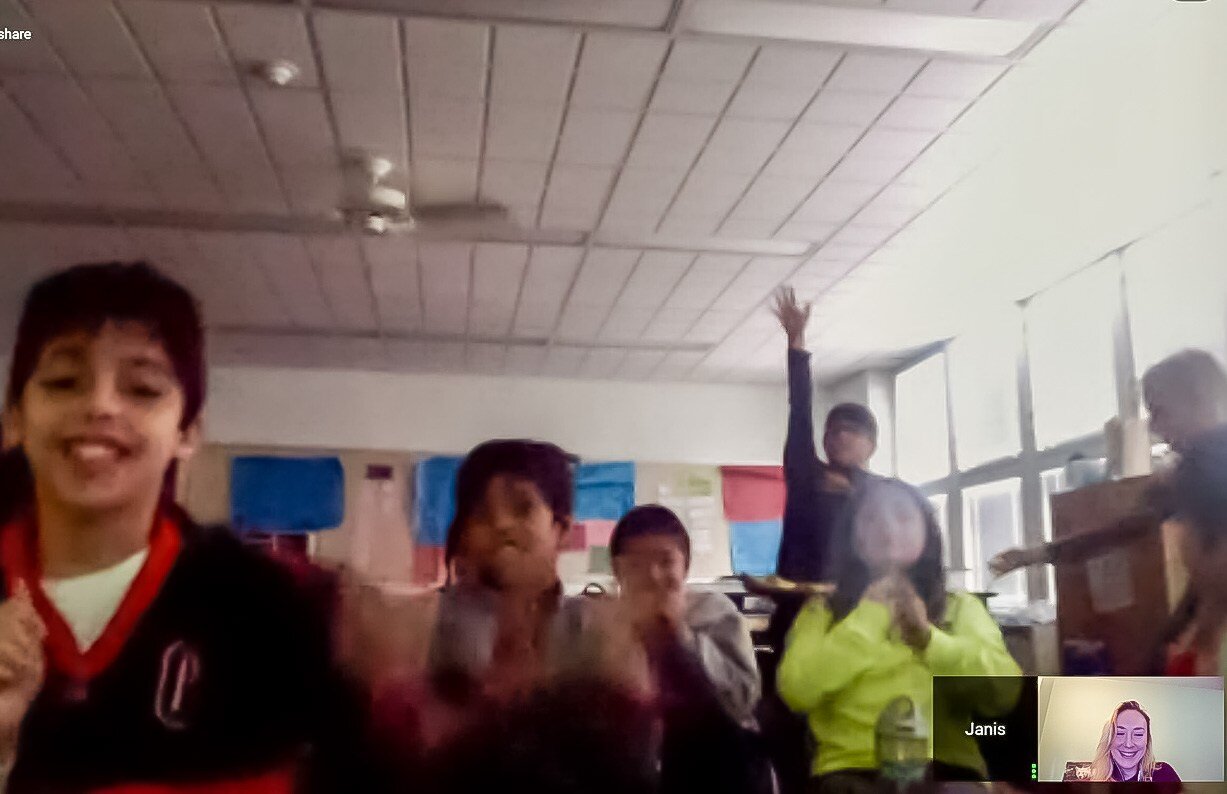Photo by Michael Brinton on Savary Island (Tla’amin territory, I’Hos)
I want to re-introduce myself and my research. Mostly because, after 2-and-some-years, I’m finally starting to be able to articulate what my whole PhD thing is about. And I’m *super* excited.
So hi 👋
I’m Lauren. I’m a human aiming to bring my whole self (and the vulnerability that comes with that) to science outreach, life-in-general, and social media platforms. I’m a conservation scientist, adventure enthusiast, and Ph.D. candidate at the University of Victoria (in British Columbia, Canada) - and I believe in and want to work toward a world of multi-cultural, multi-species flourishing.
My early research experiences around the globe exposed me to the complexities of interrelated social and ecological systems (and all science still has to learn), and motivated me to delve into conservation science that upholds local and Indigenous knowledge and human rights. My M.Sc. work allowed me the opportunity to work as part of an Indigenous-led research project tracking change in marine species through multiple knowledge systems.
As a PhD student, I’ve had the massive challenge and super adventure of expanding what I learned and building it into what will be a five(!) year project. Basically - all of my PhD work focuses on conflicts surrounding conservation (or “conservation conflict”). I’m analyzing these conflicts (and seeking solutions) across scales and knowledge types in Canada.
My PhD research looks into conflict that occurs at the policy level (between Indigenous knowledge and Canadian Environmental Policy), between people in B.C. regarding how to manage endangered wildlife, and between humans and black bears in coastal B.C. This diversity of case studies means I get to rely on a ton of diverse scholarship and disciplines - social psychology, ecology, social-ecological systems theory (to name a few) - and hopefully walk away with new insights into conflict and how to transform it.
I’m SO STOKED for forthcoming data collections and this (Spring’s!) field season.














